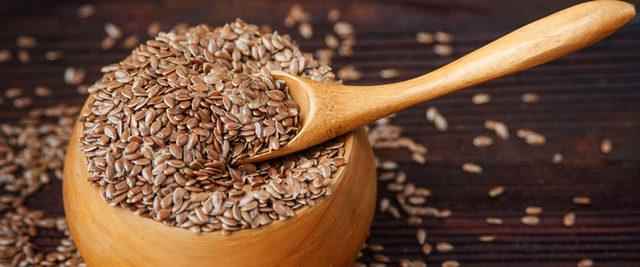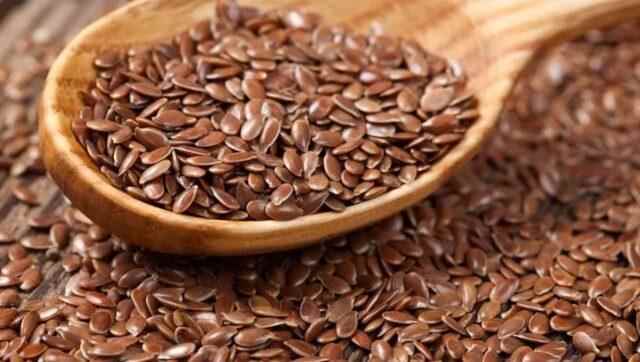flaxseed; It is a nutrient that provides healthy fat, fiber and antioxidants. Flaxseed, which has many benefits, has been used since the past to cure constipation, diabetes, high cholesterol, heart disease, cancer or other diseases.
LOWERS CHOLESTEROL
The oils in flaxseed support heart health. These oils can be effective in lowering bad cholesterol (LDL) and blood pressure, preventing atherosclerosis and stroke. According to one study, consuming flaxseed regularly lowered LDL cholesterol by 20 percent and total cholesterol by 15 percent.
MAY Build ARMOR AGAINST CANCER
Thanks to its lignan content, flaxseed is especially helpful in preventing the development of tumors of breast, colon and prostate cancers. These compounds have the power to stop new blood vessels from forming and growing. According to one study, the rate of regular consumption of flaxseed to prevent breast cancer risk is 18 percent.
KEEPS BLOOD SUGAR IN BALANCE
There are researches that flaxseed can also be effective in lowering blood sugar. It is claimed that this nutrient, which improves insulin, is also beneficial in preventing diabetes.

TOTAL AMOUNT
The soluble fibers in the protein store flaxseed take a gel-like consistency when combined with water. This delays stomach emptying. This means that hunger is postponed and the feeling of satiety continues for a long time. Studies have shown that those who consume 2 spoons of flaxseed a day have weight loss and thinning around the waist.
WHO IS FLEX SEED FOR?
Especially pregnant and lactating women should not consume flaxseed. The high potassium content can negatively affect flaxseed for those with kidney disease. Although it is beneficial in cancer prevention, flaxseed should not be consumed, especially in estrogen-dependent cancer patients, due to its phytoestrogen content. Those with diverticulitis should not eat whole seeds, not just flax seeds.
